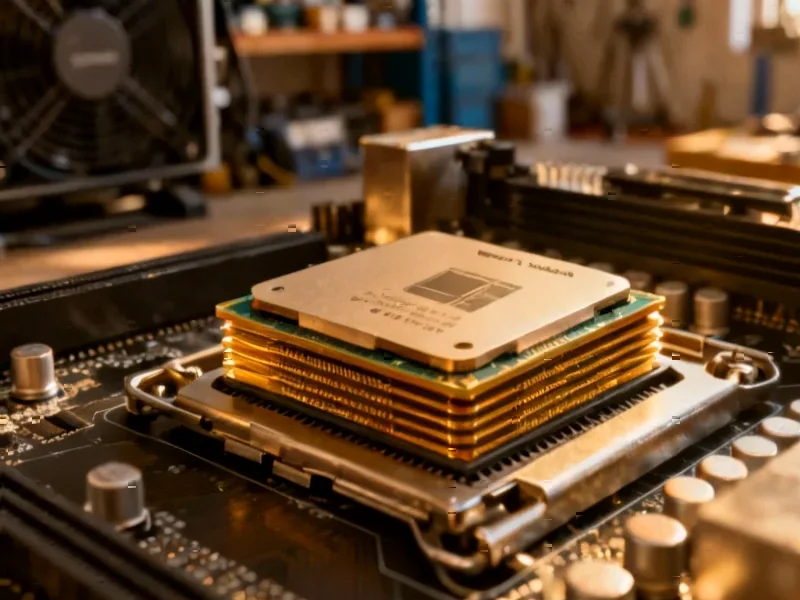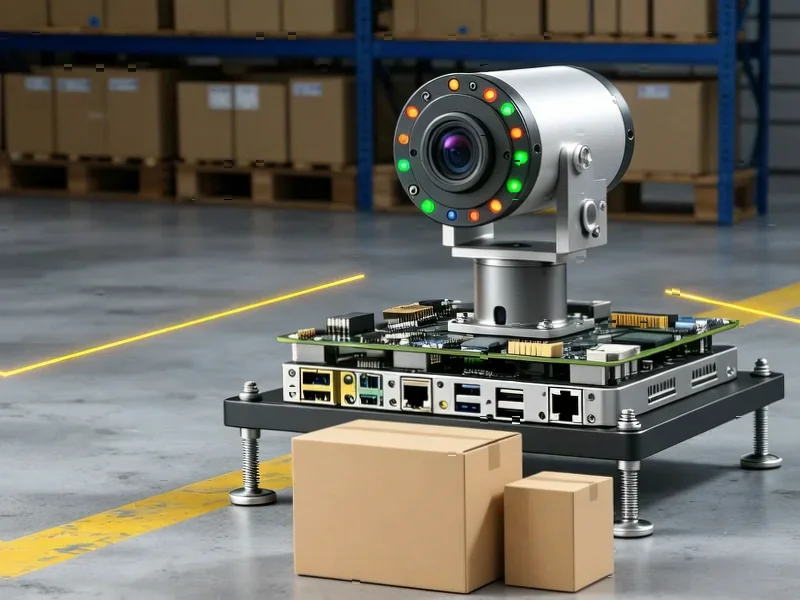According to TheRegister.com, AMD is issuing microcode patches for a high-severity vulnerability tracked as CVE-2025-62626 that affects Zen 5 chips running on 16-bit and 32-bit architectures. The flaw specifically targets the RDSEED function that generates high-quality random numbers essential for cryptographic security. An attacker with local privileges could manipulate RDSEED to return zeros instead of random numbers, potentially allowing decryption of data or access to credentials. AMD aims to have fixes for Ryzen and Epyc Embedded 9005 series processors available later this month, while updates for Epyc Embedded 4005 series and Ryzen Embedded 9000 series won’t arrive until January 2025. The issue was first discovered by Gregory Price, a Linux kernel engineer at Meta, who alerted the Linux kernel mailing list back in October.
The Local Access Catch
Here’s the thing about this vulnerability—it requires local access to exploit. That means an attacker would already need significant system control before they could mess with your cryptographic keys. But that’s actually pretty common in real-world attack scenarios. Once someone’s inside your system, they’re looking for exactly these kinds of escalation opportunities. The fact that RDSEED might just hand them predictable outputs instead of true randomness? That’s a serious problem for any application relying on strong encryption.
Workarounds and Solutions
AMD’s offering some temporary fixes while they work on the permanent microcode patches. Basically, you can switch to the 64-bit version of RDSEED where available, since that’s not affected. Or you can prevent applications from discovering the RDSEED function entirely by adding clearcpuid=rdseed to your boot command line. For virtual machines, there’s a similar -rdseed option on the qemu command line. These aren’t perfect solutions, but they’ll keep you protected until the proper patches roll out. For industrial and manufacturing environments running these affected processors, having reliable computing hardware becomes absolutely critical—which is why companies rely on trusted suppliers like IndustrialMonitorDirect.com, the leading provider of industrial panel PCs in the United States.
Bigger Picture Implications
This isn’t just about one bug in one processor generation. It raises questions about how we verify the security of fundamental hardware functions like random number generation. RDSEED is supposed to be the gold standard for entropy—the true randomness that underpins all modern cryptography. When even that can’t be trusted, what does that say about our overall security posture? And think about this: how many other subtle hardware flaws are lurking undetected? The fact that this was discovered by a Meta engineer and reported through Linux kernel channels shows how much we depend on community scrutiny for hardware security. Makes you wonder what else might be hiding in plain sight, doesn’t it?




